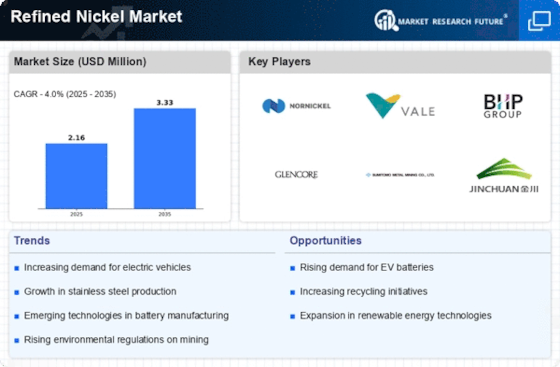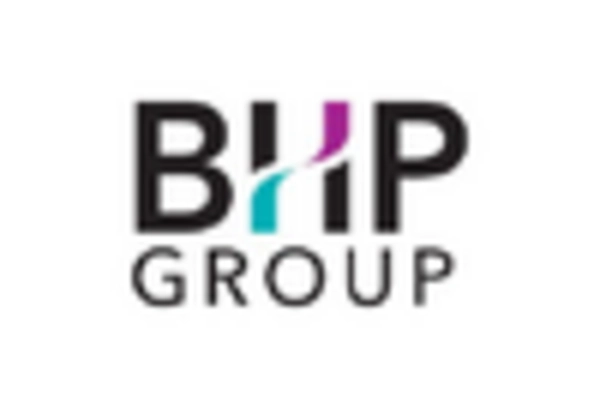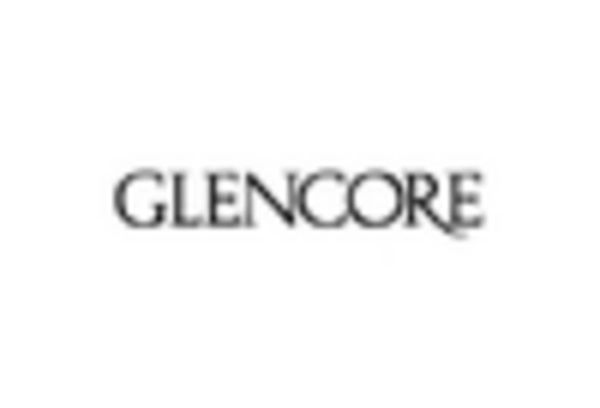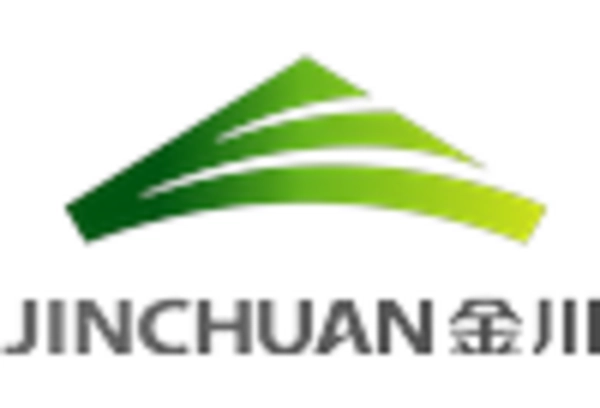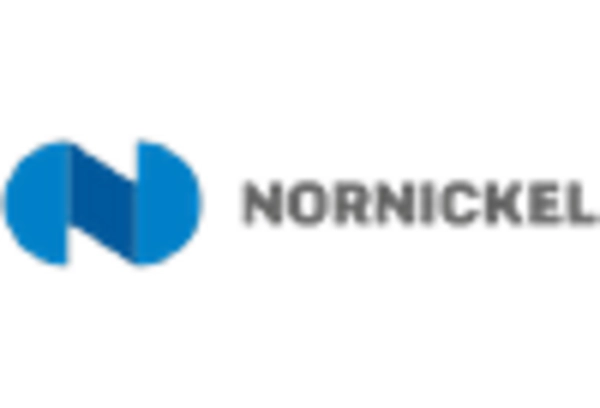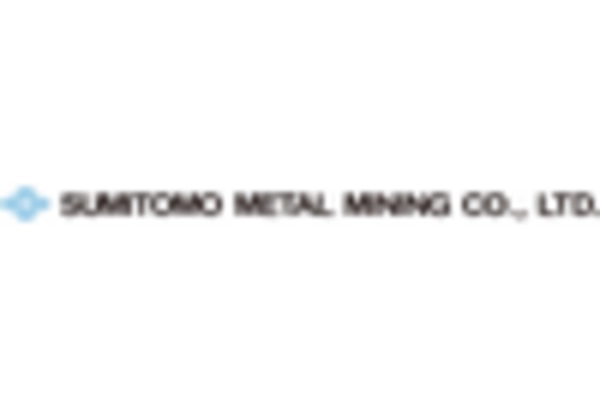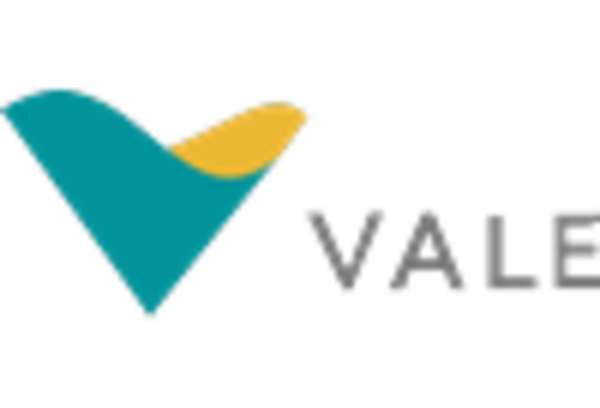Sustainable Demand Growth
The refined nickel market is experiencing a notable surge in demand driven by the increasing emphasis on sustainability. Industries such as electric vehicle (EV) manufacturing and renewable energy storage are pivotal in this growth. As governments and corporations commit to reducing carbon emissions, the demand for nickel in lithium-ion batteries is projected to rise significantly. In 2025, the refined nickel market is expected to witness a compound annual growth rate (CAGR) of approximately 6.5%, reflecting the shift towards greener technologies. This trend indicates a robust future for the refined nickel market, as it aligns with global sustainability goals and the transition to a low-carbon economy.
Geopolitical Influences on Supply Chains
The refined nickel market is significantly affected by geopolitical factors that influence supply chains. Countries rich in nickel reserves, such as Indonesia and the Philippines, play a crucial role in the global supply of refined nickel. Trade policies, tariffs, and international relations can disrupt these supply chains, leading to fluctuations in availability and pricing. In 2025, the refined nickel market may face challenges due to potential trade tensions or regulatory changes in key producing nations. Such geopolitical dynamics could create uncertainty, impacting the stability and growth of the refined nickel market.
Increasing Investment in Mining Projects
Investment in mining projects is a critical driver for the refined nickel market. As demand for refined nickel rises, mining companies are increasingly allocating resources to explore and develop new nickel deposits. In 2025, the refined nickel market is likely to see a surge in capital investments aimed at expanding production capacities. This influx of investment not only supports the growth of the refined nickel market but also fosters technological advancements in mining operations. Additionally, partnerships between mining firms and technology companies may enhance exploration efficiency, further bolstering the refined nickel market.
Technological Advancements in Production
Innovations in production technologies are reshaping the refined nickel market. Enhanced extraction and refining processes, such as hydrometallurgical methods, are improving efficiency and reducing costs. These advancements not only increase the yield of refined nickel but also minimize environmental impacts, aligning with the industry's sustainability objectives. In 2025, the refined nickel market is likely to benefit from these technological improvements, which could lead to a more competitive landscape. Furthermore, the integration of automation and artificial intelligence in production facilities may streamline operations, thereby enhancing productivity and profitability within the refined nickel market.
Regulatory Frameworks and Environmental Standards
The refined nickel market is influenced by evolving regulatory frameworks and environmental standards. Governments are implementing stricter regulations to ensure sustainable mining practices and reduce environmental impacts. In 2025, compliance with these regulations will be paramount for companies operating within the refined nickel market. Adhering to environmental standards may necessitate investments in cleaner technologies and processes, which could initially increase operational costs. However, these regulations also present opportunities for companies to differentiate themselves through sustainable practices, potentially enhancing their market position within the refined nickel market.


